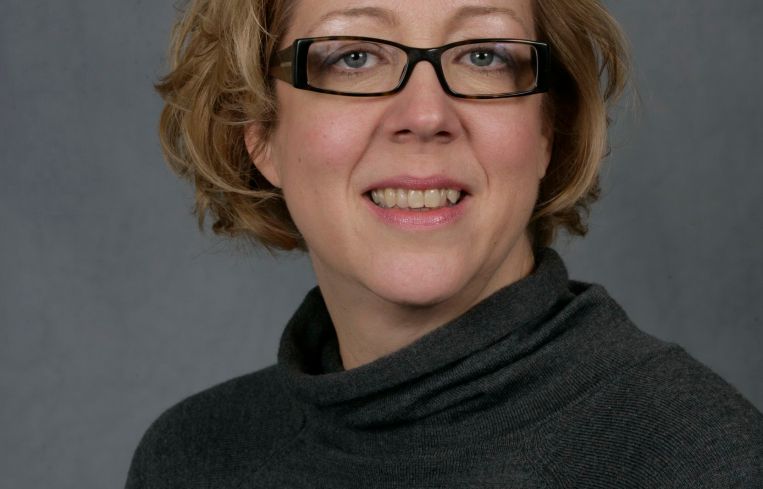Another One Bites the Dust
By Cara Olmsted September 30, 2015 9:45 am
reprints
Now that we’re officially in autumn, I know everyone responsible for maintaining air quality and conditioning in buildings throughout New York is breathing a sigh of relief that we’re done with another summer.
Yes, dear landlord or building manager, you have maintained the optimal body temperature—and thus happiness and productivity—of a majority of the city’s working public throughout these past months, and therefore have helped to maximize the profits of many companies.
As you wait for the praise associated with such a contribution from all those who walk through your turnstiles each day, now is the time to review the performance of your energy systems—and to assess what needs to be done to optimize future performance.
Fall and spring are the best times to evaluate energy systems because the demand is lower. Development of strategies and implementation of plans for maintenance are economical as the benefits of such initiatives far outweigh the costs, in terms of energy savings, reduced emergency repair costs and enhanced customer satisfaction.
The value of customer satisfaction can be hard to quantify because customers rarely remember a positive experience, particularly when it comes to room temperature. But they surely do remember when they were uncomfortable. The financial impacts of discomfort are reduced retention rates, givebacks in future negotiations and higher vacancy due to bad word of mouth.
So, while you are waiting, you can get started on the initiatives below to ready your buildings for winter and to keep those words of praise coming.
In the fall: Have an HVAC engineer on staff develop a regular punch list of items to be addressed as part of an ongoing preventive maintenance program.
Have an experienced and independent HVAC engineer or technician perform a condition assessment of the boiler plant.
Check the condition of the compressor, condenser and fans.
Have a factory technician inspect the centralized cooling system chiller.
Perform condenser and evaporator cleanings.
Check that all chilled and condenser water motors and pumps are functioning—and perform regular maintenance on these items.
For water-cooled systems, check cooling tower fans; clean the tower fills and tower basin as needed.
Make sure condenser water chemical treatment is in place.
Check all major valves.
For air handlers, check the condition of belts and filters and replace as needed; perform regular maintenance on motors and fans.
If the cooling system is scheduled for replacement, allow four to six months as lead time. Replacing the system during winter ensures that it will be tested and ready for operation the following summer.
In the spring: Have a qualified HVAC engineer or technician perform a condition assessment of the boiler plant.
Perform boiler cleanings and burner tune-ups as necessary.
For Scotch-marine type water and fire tube boilers, maintenance must include tube cleaning, if tubes burn oil.
Once every five years, clean the waterside, for possible scale build-up.
Check that all the motors and pumps are functioning.
Check that all major valves, including water cut-off valves and blow-down valves, drain and refill valves as necessary.
Ensure that chemical water treatment is in place for the season.
If a boiler is scheduled for replacement, allow a lead time anywhere from two to four months or longer after an order is placed.
It’s ideal to undertake construction to replace a boiler during the summer, when there is minimal disruption and no need for hot taps. This allows the boiler to be ready for winter.
Keep in mind that your ability to significantly influence your bottom line, based on the decisions you make around energy, are best addressed in the coming months.
And although you may not hear the praises of the masses directly, I would suppose that there is many an “aah” uttered as the threshold was crossed or the revolving door stopped, and the wonderful, perfectly controlled cool air washed over each and every one of them.
Cara Olmsted is the director of marketing and business developments for Con Edison Solutions.

![Spanish-language social distancing safety sticker on a concrete footpath stating 'Espere aquí' [Wait here]](https://commercialobserver.com/wp-content/uploads/sites/3/2026/02/footprints-RF-GettyImages-1291244648-WEB.jpg?quality=80&w=355&h=285&crop=1)

